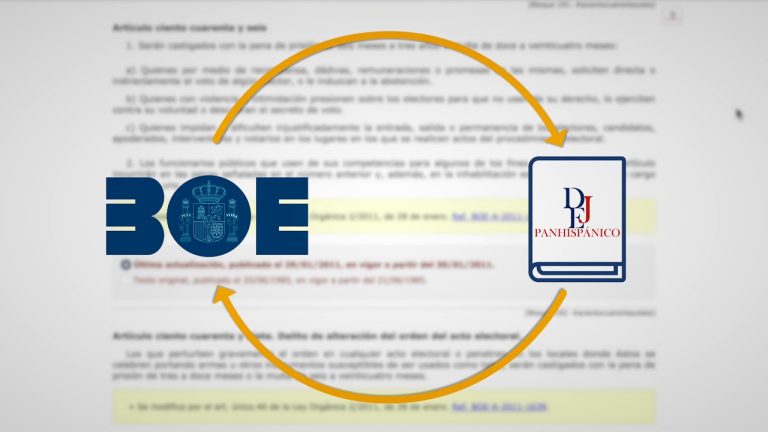Diccionario español de la rae

Contenidos
Diccionario español de la rae
Free spanish dictionary
Barcelona. (The twenty-third edition of the Diccionario de la Real Academia de la Lengua (DRAE), published this Thursday, has introduced numerous words that did not appear in the previous edition. Some of them were already in the online edition of the dictionary, but other entries are made known with the publication of this twenty-third edition. Here is a selection:
citadino , na. (From fr. citadin, and this from it. cittadino). adj. 1. Bol., Col., C. Rica, Cuba, Méx., Nic., Pan. and Ven. pertaining or relating to the city. 2. Bol., Col., Col., Cuba, Mex., Nic., Pan. and Ven. Said of a person: Who lives in the city. U. t. c. s.
to conflict. (Conjug. c. to act). tr. 1. Arg., Bol., Ec., Mex., Par. and Ur. To provoke a conflict in something or someone. prnl. 2. Arg., Bol., Ec., Ec., Mex., Par. y Ur. Said of a person: To suffer an internal conflict or concern that may condition his behavior.
euríbor. (From euribor, acronym of euro interbank offered rate ‘European interbank offered rate’). m. Econ. The interest rate applied to loans in euros between large banks, and often used as a reference in mortgage loans at variable interest rates.
Dictionary of words
2. Some prefixes such as SUB or TRANS can give rise to confusion, such as saying ‘subrealista’, instead of surrealista, or ‘transtornado’ instead of trastornado. Some examples of good use of these prefixes would be the words submarine or transatlantic.
3. Words that include the spelling XH are usually spelled incorrectly, given the non-soundness of the letter H. Examples include ‘exalar’, instead of exhalar; ‘exhuberante’, instead of exuberant; or ‘exhorbitante’, instead of exorbitant.
Dictionary of the royal spanish academy pdf
The RAE is an ancient institution whose prestige has been acquired with effort and, at times, with misunderstandings on the part of speakers who are either ideologized or committed to a revolutionary spirit of adapting the language to the times, without realizing that it cannot be subjected to the vicissitudes of a synchrony that does not know well what is going to take root in our cultural heritage and what is going to be a passing fashion.
The language of a people belongs to its speakers, and they have very different diatopies, so the evolution of the language, of any language, does not go well with haste or with contamination of various kinds. Thus, for example, there was talk that the RAE was analyzing the incorporation of the word elle as an expression of the third person personal pronoun for those who “do not feel identified with the masculine and feminine genders” (La Nación, October 27, 2020). This arises from a debate that is more political than scientific, and we must wait for the positions to be reformulated, paying more attention to what the genius of language brings us and to the communicative efficiency that, at the end of the day, marks the rules of any human language.
Spanish online dictionary
“does it seem to you that we have abandoned our homes and allowed ourselves to be robbed, during our absence, of the sweet garments of love, so that the imbecile monarch of Castile may allow himself to be dominated by another privateer as greedy and fierce as Don Álvaro de Luna?” López Soler, Ramón (2003 [1830]) Los bandos de Castilla o El caballero del cisne. Alicante: University of Alicante, ¶17
“The previous government had believed to exercise more surely its imbecilic despotism by drowning in its birth the healthy and liberal ideas in matters of administration.” Lista y Aragón, Alberto (1867 [1808]) Elogio histórico del conde de Floridablanca. Madrid: Rivadeneira, ¶3
Relacionados









